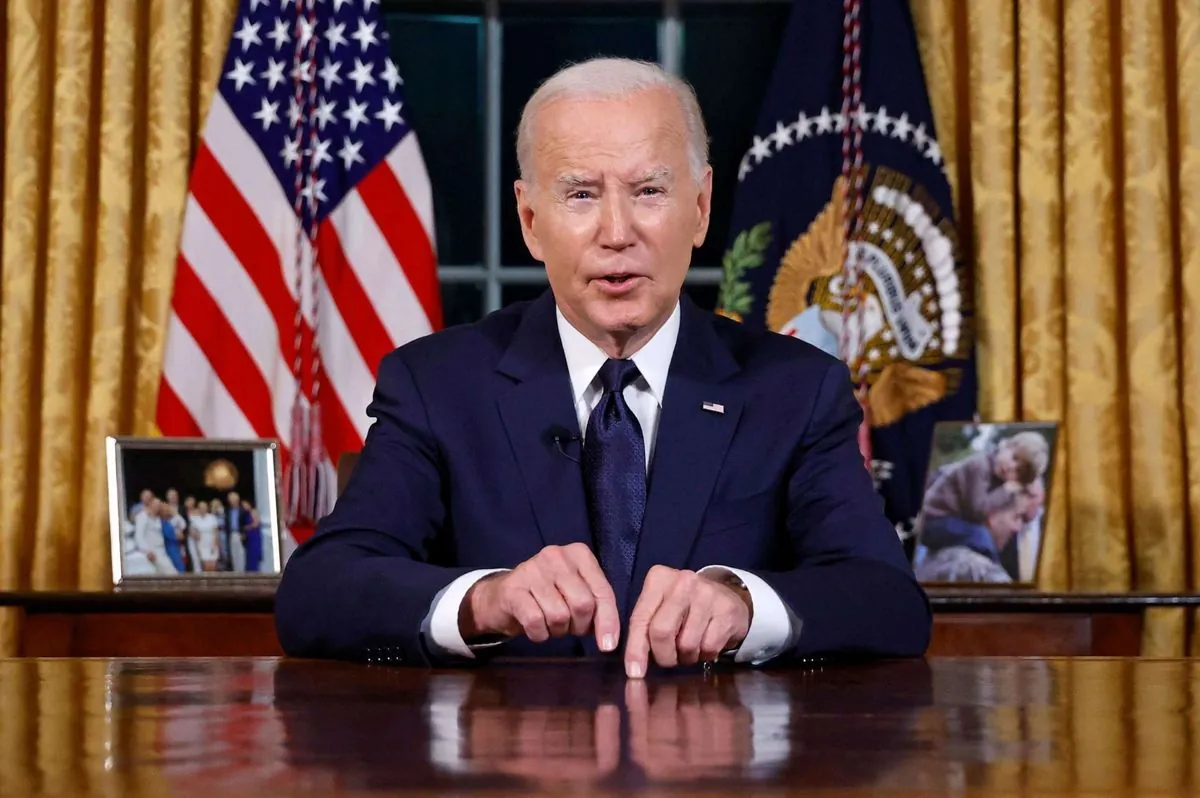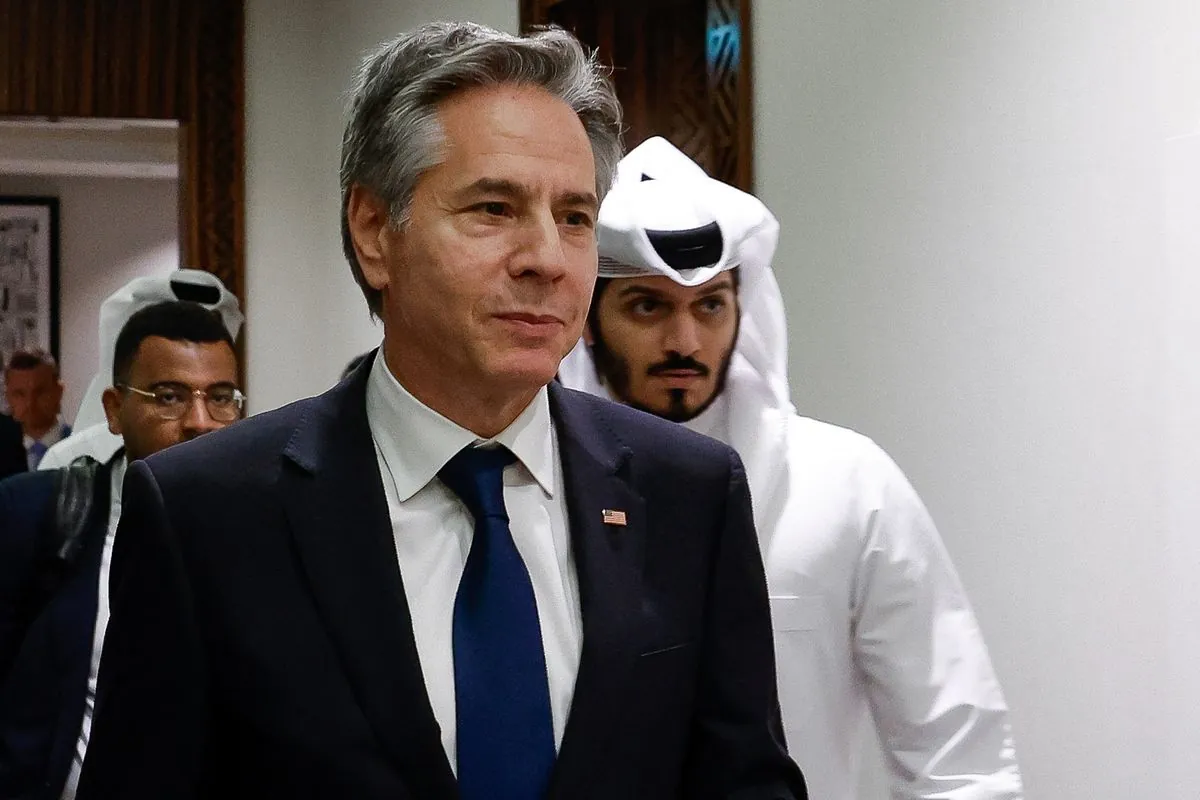Biden's Middle East Legacy Challenged as Regional Crises Persist
U.S. President Joe Biden faces multiple unresolved Middle East crises as his term nears its end. Efforts for Gaza ceasefire stall, Houthi attacks continue, and Israel-Hezbollah tensions escalate, testing U.S. influence in the region.

As President Joe Biden's administration approaches its final months, the United States finds itself grappling with a series of intractable Middle East crises. The ongoing conflict in Gaza, persistent Houthi attacks in the Red Sea, and escalating tensions between Israel and Hezbollah present significant challenges to U.S. foreign policy in the region.
One year after the October 7, 2023 attack by Hamas on Israel, which triggered the Gaza war, U.S. efforts to broker a ceasefire remain unsuccessful. The conflict has highlighted the complexities of the region, where the Gaza Strip has been under blockade by Israel and Egypt since 2007. The United States, which provides Israel with approximately $3.8 billion in military aid annually, has struggled to balance its support for Israel's right to self-defense with efforts to minimize civilian casualties and prevent a broader regional conflict.
The limitations of U.S. influence in the Middle East have become increasingly apparent. Jonathan Panikoff, former deputy national intelligence officer for the region, notes, "What we're seeing are the limits of U.S. power and influence in the Middle East." This assessment is underscored by the Biden administration's reluctance to leverage its position as Israel's top arms supplier to influence Israeli policy.

Secretary of State Antony Blinken's nine trips to the region since October 7 have yielded limited results. In November 2023, a public disagreement between Blinken and Israeli Prime Minister Benjamin Netanyahu over a proposed pause in military operations highlighted the tensions between U.S. and Israeli leadership.
The ongoing crisis has also impacted U.S. credibility abroad. Some foreign diplomats argue that Biden's unconditional support for Israel has undermined U.S. diplomatic efforts. The situation is further complicated by the continued attacks on Red Sea shipping by Yemen's Iran-backed Houthi rebels, despite the presence of U.S. and allied warships in the region.
The United Nations, which has been involved in peacekeeping efforts in Lebanon since 1978, has shown signs of waning patience with U.S. Middle East diplomacy. Jordan's Foreign Minister Ayman Safadi described the past year's efforts to stop the violence as "a year of failure."
The current crises have also dashed hopes for what was once seen as a potential signature foreign policy achievement for Biden: the normalization of relations between Israel and Saudi Arabia. This setback comes despite the success of the Abraham Accords in 2020, which normalized relations between Israel and several Arab states.
As Biden's term nears its end in January 2025, the unresolved Middle East issues may have implications beyond his presidency. The ongoing conflicts could potentially impact Vice President Kamala Harris's presidential campaign, particularly among progressive Democratic voters concerned about U.S. support for Israel.
The situation remains fluid, with Israel threatening a ground offensive in Lebanon and vowing to maintain pressure on Hezbollah. The outcome of these crises will likely shape not only Biden's foreign policy legacy but also the challenges facing his successor in navigating the complex landscape of Middle East diplomacy.
"Diplomacy is not a matter of snapping our fingers and – voila. It takes hard work. It takes effort and, unfortunately, it takes time. It has not failed."
As the clock ticks down on Biden's administration, the resolution of these Middle East crises remains uncertain. The coming months will be crucial in determining whether U.S. diplomacy can make significant progress or if these challenges will persist into the next presidential term.


































